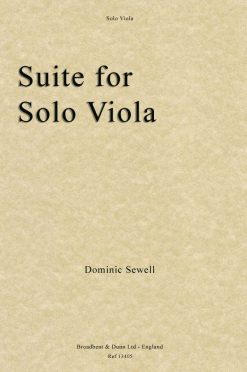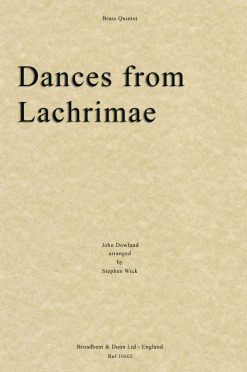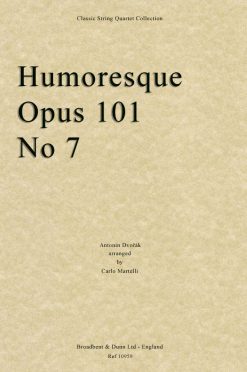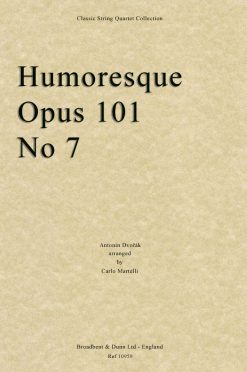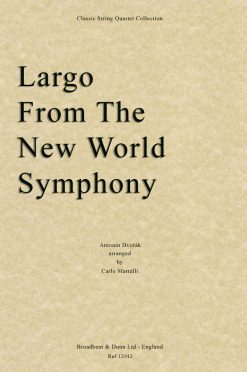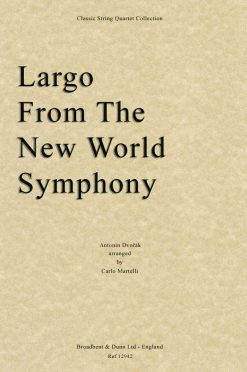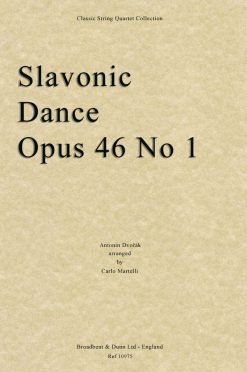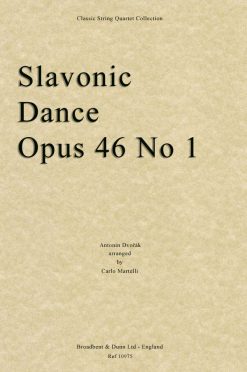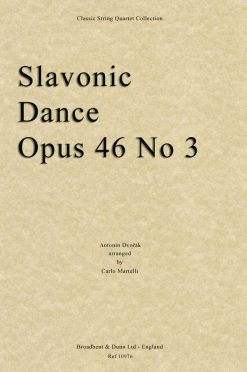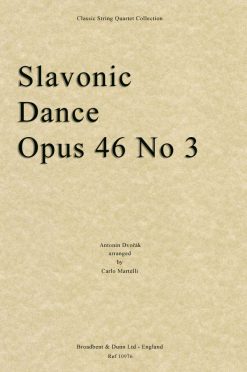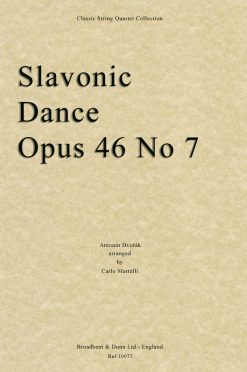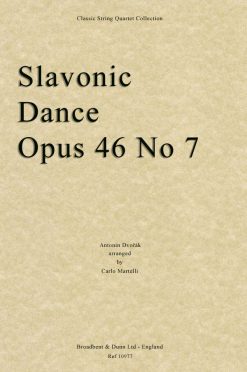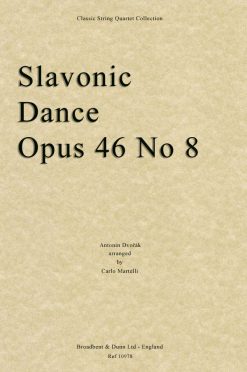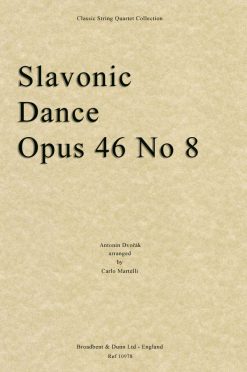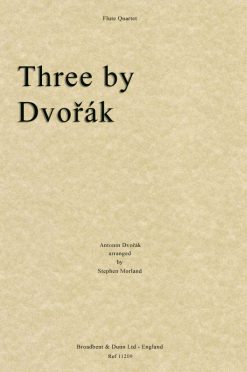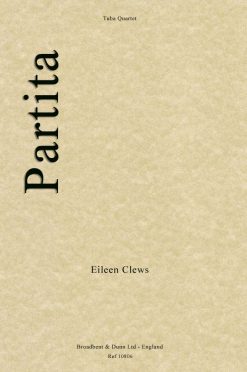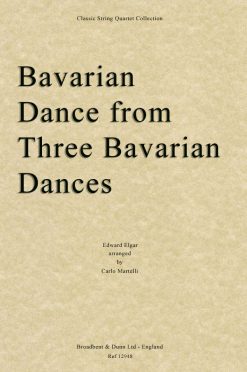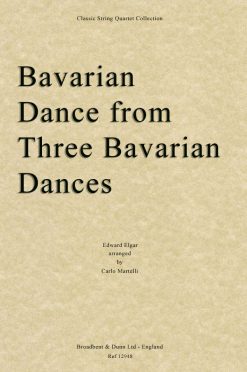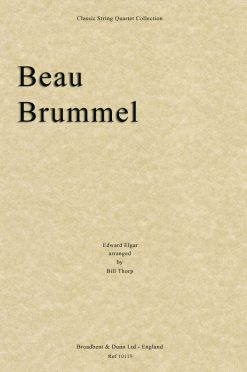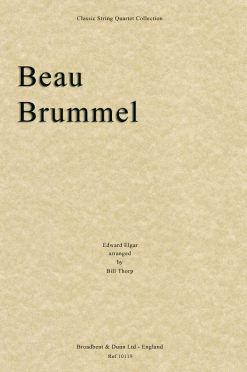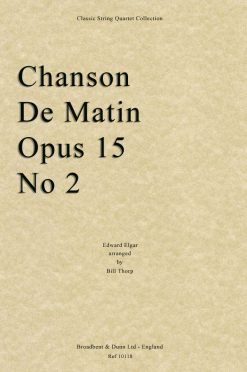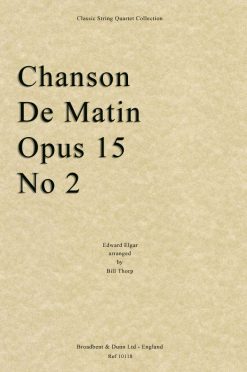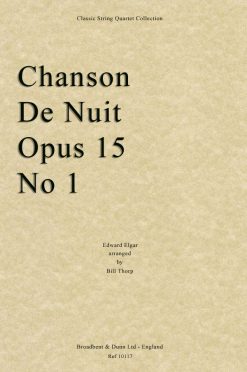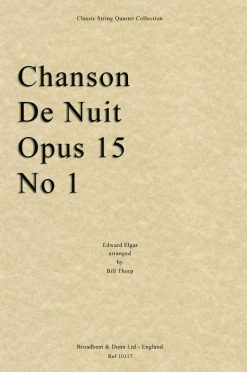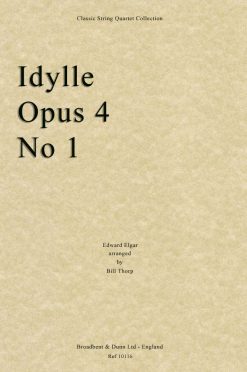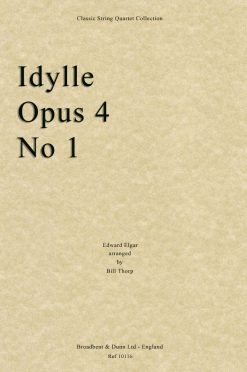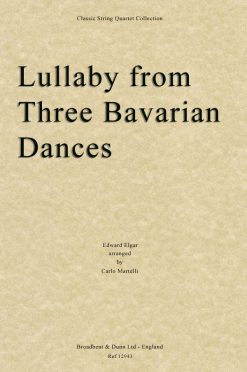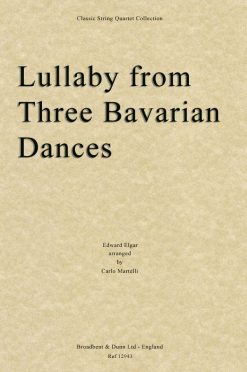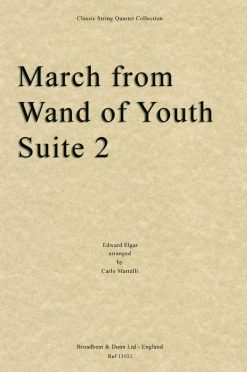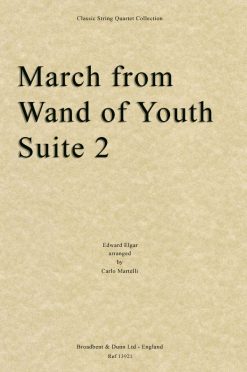Viola Solo
This viola solo in five movements was commissioned by Christel Baillie for a recital in Hamburg in 2004. Although difficult, it has been particularly taken on as an audition piece or for final recitals at Conservatoires in the UK. It has become customary to select movements as each can function as a piece in its own right. The style is tonal with a harmonic twist and in total is about 12 minutes long.
Brass Quintet
Dvorák, Antonàn
Dvorák, Antonàn
Dvorák, Antonàn
Dvorák – Largo From The New World Symphony (String Quartet Parts)
Dvorák, Antonàn
Dvorák – Largo From The New World Symphony (String Quartet Score)
Dvorák, Antonàn
Dvorák – Slavonic Dance, Opus 46 No. 1 (String Quartet Parts)
Dvorák, Antonàn
Dvorák – Slavonic Dance, Opus 46 No. 1 (String Quartet Score)
Dvorák, Antonàn
Dvorák – Slavonic Dance, Opus 46 No. 3 (String Quartet Parts)
Dvorák, Antonàn
Dvorák – Slavonic Dance, Opus 46 No. 3 (String Quartet Score)
Dvorák, Antonàn
Dvorák – Slavonic Dance, Opus 46 No. 7 (String Quartet Parts)
Dvorák, Antonàn
Dvorák – Slavonic Dance, Opus 46 No. 7 (String Quartet Score)
Dvorák, Antonàn
Dvorák – Slavonic Dance, Opus 46 No. 8 (String Quartet Parts)
Dvorák, Antonàn
Dvorák – Slavonic Dance, Opus 46 No. 8 (String Quartet Score)
Flute Quartet
Tuba Quartet
Elgar, Edward
Elgar, Edward
Elgar, Edward
Elgar, Edward

